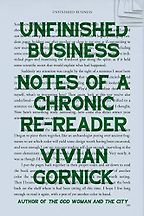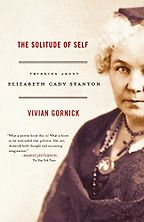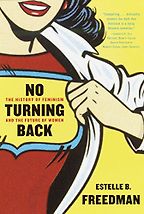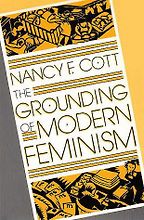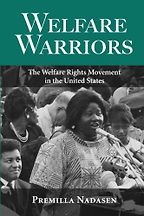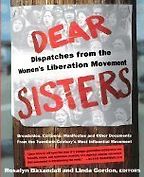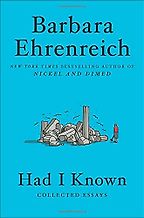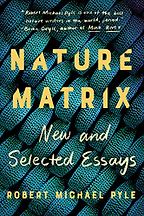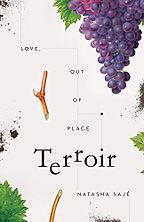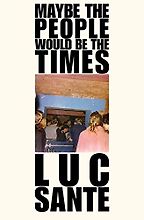Books by Vivian Gornick
“One of the things that people who love her work love about it is that her readings are never academic, or touched by scholarly hobbyhorsing” Read more...
The Best Essays: the 2021 PEN/Diamonstein-Spielvogel Award
Adam Gopnik, Journalist
“It’s a lovely short book, beautifully written; more of a meditation on history than an original history. Gornick works backward from a speech that Stanton gave in 1892 to the newly unified woman’s suffrage movement, where Stanton talked about the loneliness of the self in finding a course in life.” Read more...
The best books on The History of Feminism
Kirsten Swinth, Historian
Interviews where books by Vivian Gornick were recommended
-

1
No Turning Back: The History of Feminism and the Future of Women
by Estelle Freedman -

2
The Solitude of Self: Thinking about Elizabeth Cady Stanton
by Vivian Gornick -

3
The Grounding of Modern Feminism
by Nancy Cott -

4
Welfare Warriors: The Welfare Rights Movement in the United States
by Premilla Nadasen -

5
Dear Sisters: Dispatches from the Women's Liberation Movement
by Linda Gordon & Rosalyn Baxandall
The best books on The History of Feminism, recommended by Kirsten Swinth
The best books on The History of Feminism, recommended by Kirsten Swinth
The fight for women’s liberation and equality under patriarchy spans centuries of history, and is still being waged today—but what lessons can feminist movements like #MeToo learn from suffragettes and black feminist activists? Fordham historian Kirsten Swinth explores the best books on feminism, and makes a powerful case for modern feminists listening to early foremothers.
The Best Essays: the 2021 PEN/Diamonstein-Spielvogel Award, recommended by Adam Gopnik
Every year, the judges of the PEN/Diamonstein-Spielvogel Award for the Art of the Essay search out the best book of essays written in the past year and draw attention to the author’s entire body of work. Here, Adam Gopnik, writer, journalist and PEN essay prize judge, emphasizes the role of the essay in bearing witness and explains why the five collections that reached the 2021 shortlist are, in their different ways, so important.
